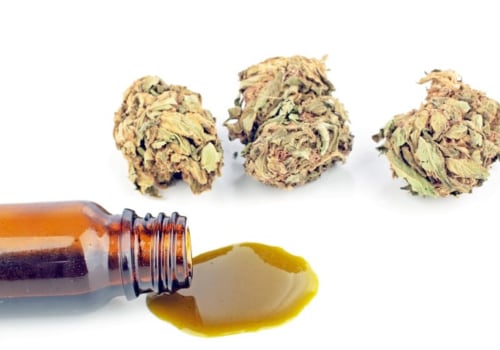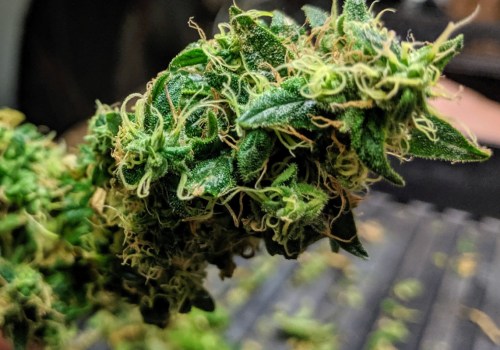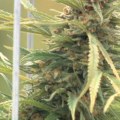Hemp has been around for thousands of years, with its first traces found in 8000 BC in the Asian regions of China and Taiwan. It was used for a variety of purposes, from making ropes and textiles to being a food source. However, in the 20th century, hemp was banned in the United States due to its relation to marijuana. This article will explore the history of hemp, from its ancient beginnings to its current resurgence. The oldest remains of hemp were discovered in pottery cords in Asia, and it is believed that hemp was one of the first agricultural crops.
Hemp was used for a variety of purposes, such as clothing, shoes, ropes, paper, and even bowstrings for weapons. It was also used as a food source in China around 6000 BC. In the early 20th century, attitudes towards hemp began to change. The Marijuana Tax Act of 1937 initiated the great decline of the hemp industry, as all hemp sales began to receive heavy taxes. This law made it difficult for farmers to produce hemp.
There has been some controversy over this bill, as some have argued that this policy aimed to reduce the size of the hemp industry to help the emerging plastic and nylon industries gain market share. During World War II, the United States government promoted hemp through its “Hemp for Victory” program, which encouraged farmers in the Midwest and Southeast to grow hemp for military use. However, after the war ended, hemp was once again banned in the United States. In recent years, there has been a resurgence of interest in hemp due to its potential health benefits and environmental advantages. The rule re-emphasizes an earlier USDA ruling that interstate transportation is legal, even if the shipment travels through a state that does not allow hemp cultivation. People and our government are realizing the potential of hemp to have a positive impact on our health, economy and environment. Hemp is now defined as a non-pharmacological variety of Cannabis sativa with 0.3% delta-9 tetrahydrocannabinol (THC) or less.
New infrastructure grows to help farmers harvest and process their crops, while new people discover hemp and CBD every day. Hemp production is an industry that is waiting to replace cotton and the felling of trees to return to where it belongs, at the heart of the industry.










